What is an AI Agent? Guide to Autonomous Software Entities
If you’ve ever wondered what an AI agent is, how it operates, and why it’s becoming a cornerstone of modern innovation, you’re in the right place. This article will delve into the concept of AI agents, unraveling their complexities, functionalities, and applications across various industries.
By the end of this quick read article, you’ll have a clear understanding of what AI agents are, how they differ from other AI systems, and why they are critical in driving technological advancements. Whether you’re a tech enthusiast, a professional in innovation and technology management, or just curious about AI, this guide will equip you with the knowledge to understand and discuss AI agents with confidence.
Table of Contents
- What is an AI Agent?
- Types of AI Agents
- Applications of AI Agents
- Top 5 Frequently Asked Questions
- Final Thoughts
- Resources
What is an AI Agent?
Defining AI Agents
At its core, an AI agent is a software entity that performs tasks autonomously, often mimicking human decision-making processes. These tasks can range from basic functions like setting reminders to complex operations like managing large-scale data analysis or even driving a car. What sets AI agents apart from other software is their ability to operate independently, learning from their environment and adapting to new information without direct human intervention.
Key Characteristics of AI Agents
AI agents are defined by several key characteristics:
- Autonomy: They operate independently, without the need for continuous human guidance. This is crucial for tasks that require real-time decision-making.
- Reactivity: AI agents continuously observe their environment and respond to changes. For example, an AI agent in a self-driving car reacts to traffic lights, pedestrians, and other vehicles.
- Proactiveness: Unlike simple reactive systems, AI agents can take initiative based on their goals, such as an AI assistant proactively scheduling meetings based on your availability.
- Learning Capability: Many AI agents can learn from past experiences, improving their performance over time. This learning ability is often driven by machine learning algorithms that enable the agent to make more accurate predictions and decisions.
- Communication: AI agents often need to communicate with other agents, systems, or humans. This is particularly evident in applications like AI-driven customer support, where the agent needs to understand and respond to human queries.
Types of AI Agents
Simple Reflex Agents
Simple reflex agents are the most basic type of AI agents. They make decisions based solely on the current percept, ignoring the rest of the percept history. These agents work well in environments where decisions can be made based on current conditions, without the need to consider the past.
Model-Based Reflex Agents
Model-based reflex agents are more sophisticated. They maintain an internal model of the world, allowing them to track the current state and use it to inform their decisions. This type of agent is essential in environments where past experiences influence current decisions.
Goal-Based Agents
Goal-based agents go beyond merely reacting to the environment. They are designed to achieve specific goals, evaluating different possible actions by predicting which one will bring them closest to their objective.
Utility-Based Agents
Utility-based agents are a step further, where decisions are made not just to achieve a goal but to maximize a utility function. This approach allows for more nuanced decision-making, taking into account the desirability of different outcomes.
Learning Agents
Learning agents are the most advanced type of AI agents. They have the ability to improve their performance over time by learning from their experiences. These agents use machine learning techniques to adapt to new information and optimize their behavior.
Applications of AI Agents
AI agents are being deployed across various industries, revolutionizing the way we work and live. Here are some key applications:
- Personal Assistants: AI agents like Siri, Alexa, and Google Assistant help users manage their daily tasks, from setting reminders to controlling smart home devices.
- Customer Support: AI-driven chatbots provide 24/7 customer service, handling queries, processing requests, and even resolving issues without human intervention.
- Autonomous Vehicles: Self-driving cars rely on AI agents to make real-time decisions, ensuring safety and efficiency on the road.
- Finance: In the financial sector, AI agents are used for algorithmic trading, risk management, and fraud detection.
- Healthcare: AI agents assist in diagnosing diseases, managing patient data, and even performing surgery with greater precision.
Top 5 Frequently Asked Questions
Final Thoughts
The most important takeaway from this article is that AI agents are not just another buzzword in the tech industry. They represent a significant leap forward in how we interact with technology. By operating autonomously, learning from their environment, and adapting to new information, AI agents are poised to transform industries, making processes more efficient, decisions more informed, and innovations more achievable. As AI agents continue to evolve, their impact will only grow, making them an essential component of any forward-thinking technology strategy.
Resources
- AI and Autonomous Agents by IBM
- The Future of AI Agents by Forbes
- Understanding AI Agents by Microsoft Research

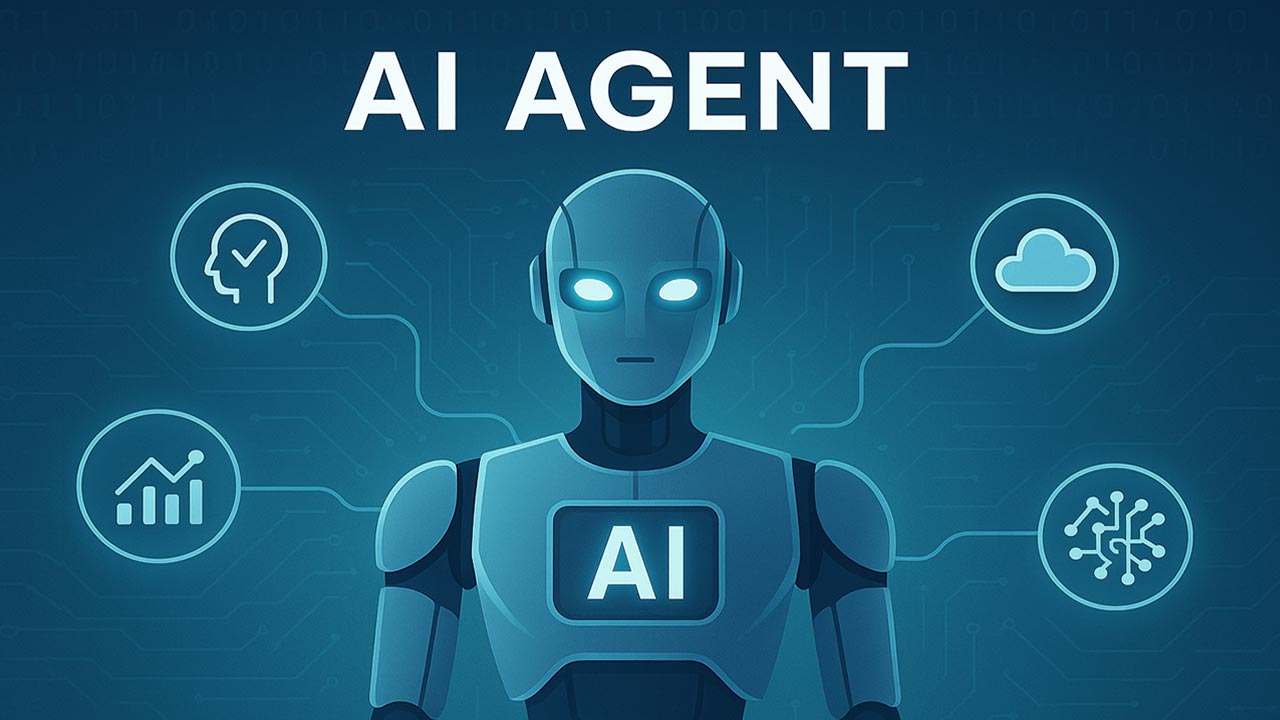
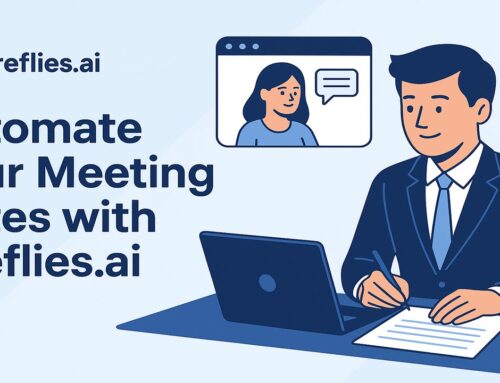
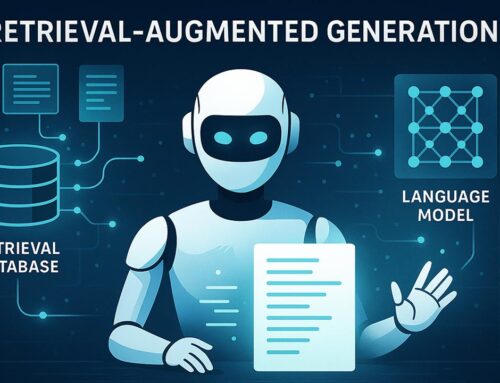

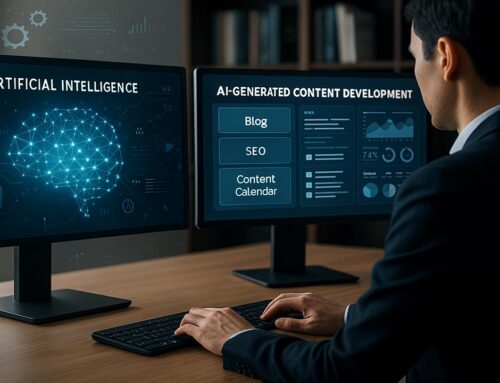
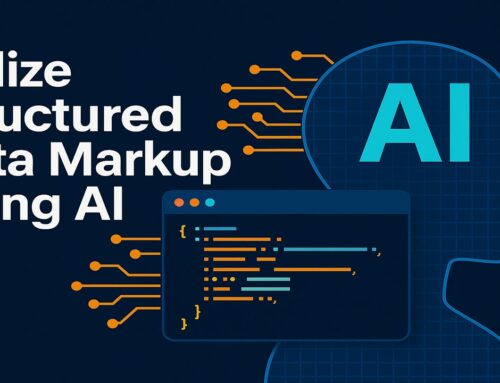


Leave A Comment